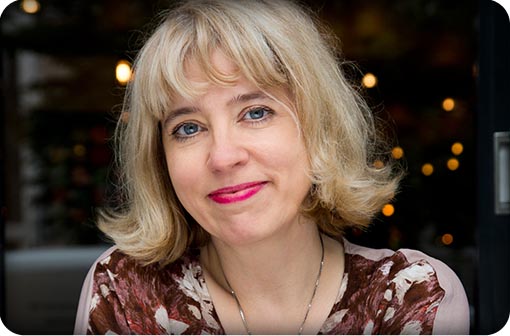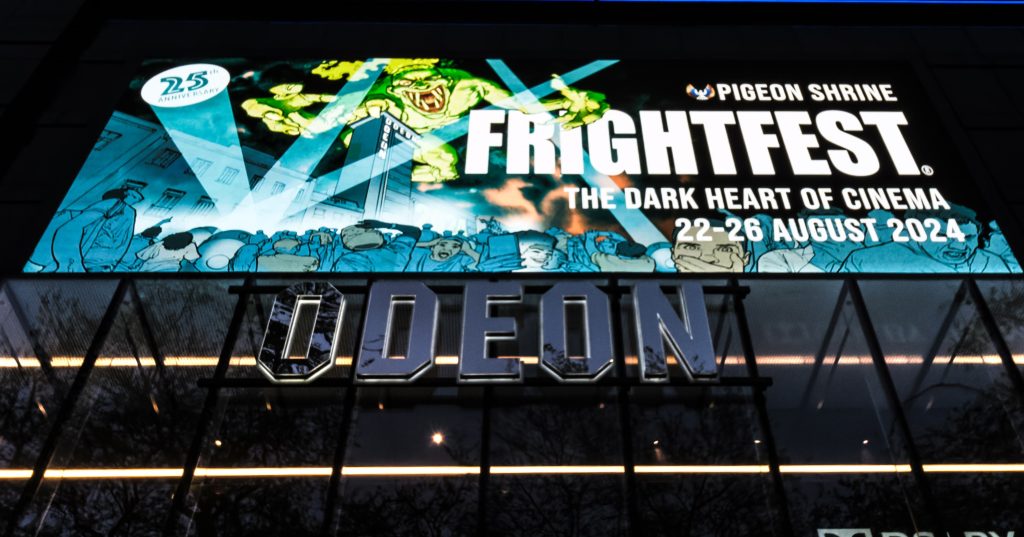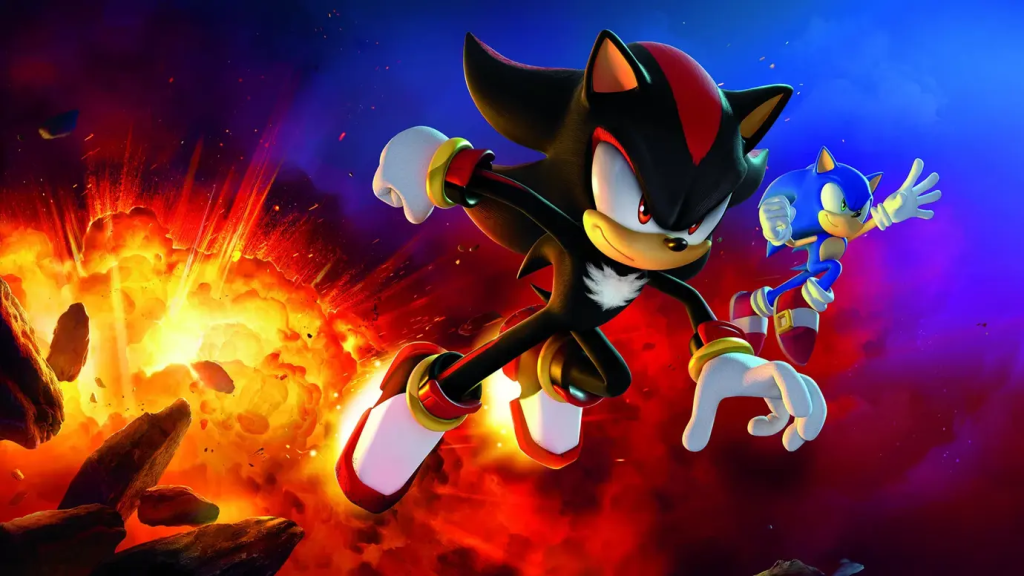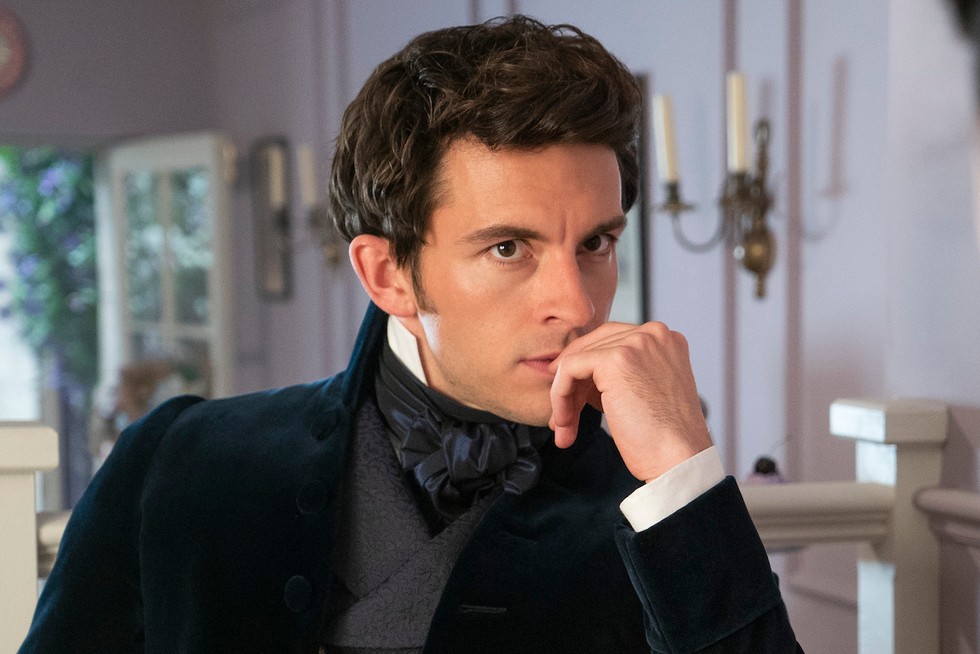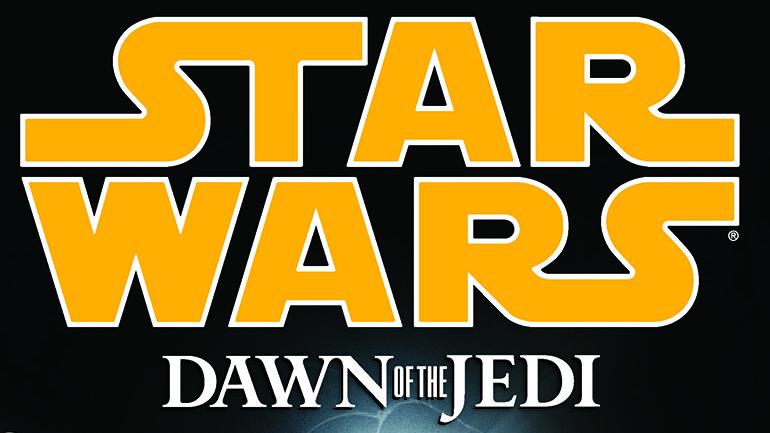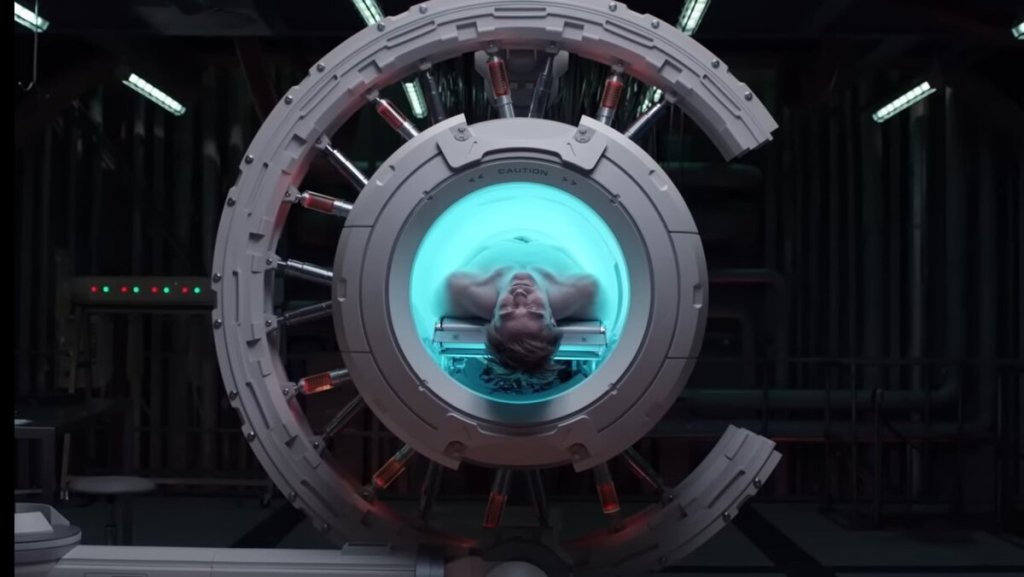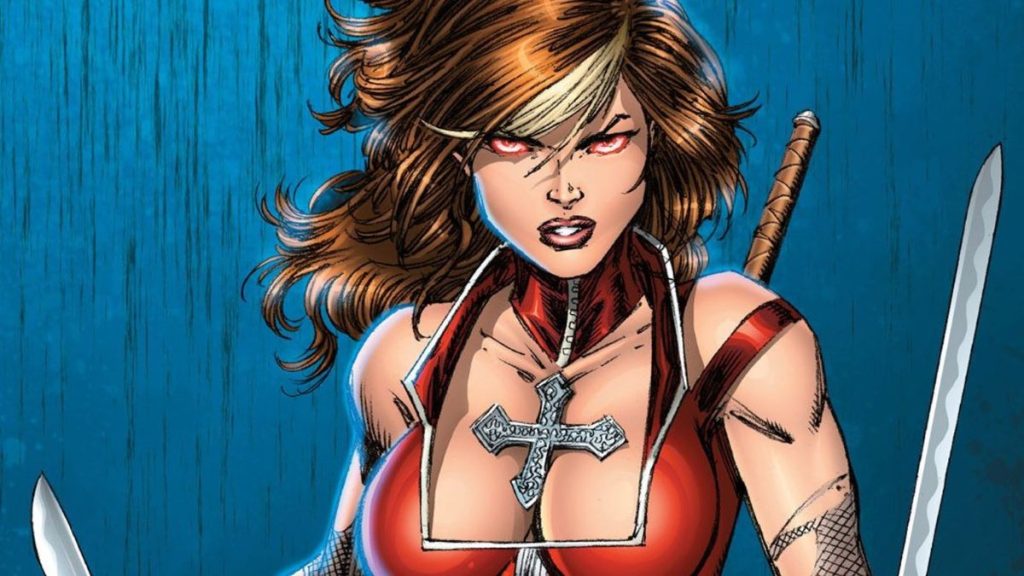
Carol Morley’s tale of a fainting epidemic in an all girl’s school in 1969 England finds the writer/director deepening the juxtaposition within her filmography between narrative fiction and documentary. The Falling may be most aptly described as a personal drama in the shell of a communal drama that possesses a haunting sense of feeling that is imbued with the high emotions of adolescence. But the most striking quality to what is only Morley’s second narrative feature is the humanity she infuses the film through conscious and unconscious that run parallel and afford the film a humanist depth.
Ahead of the UK theatrical release Morley shared with us her thoughts on the creative process, a willingness to transfer possession of her films, and how her interest in film audiences lies within dream realms.
STARBURST: Why a career in filmmaking? Was there that one inspirational moment?
Carol Morley: It’s weird because I came to it relatively late; I wasn’t the kid with a film camera like Spielberg with his Super 8. When I was about 23 I wasn’t sure what I was doing with my life. I was just here and there doing anything, and I ended up enrolling in A Level courses in film and photography. The A Level course in film had a very inspirational teacher who made me more open to film, and so I fell in love with film in a different way. Obviously I had watched films before, but I really began to look at film differently, and that was really the starting point. Then during the A Level night class I realised that I wanted to make film. So I applied to St. Martins college and ended up going to college and studying fine art film and video. I didn’t know at that point that I wanted to make feature films, but I definitely knew I had fallen in love with filmmaking.
The way in which ideas or stories take shape are divided between those writers who write through images, and those writers who perceive that stories are thought out through words. How does the process work for you? Does the idea emerge through images or expressions and words?
Well I think that you must be attracted to stories that resonate with you, and in that way there are feelings and experiences. With The Falling it is definitely feelings around the massive fear of teenagedom and the collective strangeness of it. Then when you think: well I want to tell a story about that, then for me I begin to look at pictures. But I also start writing and so it kind of happens simultaneously. The other thing I do is that once I begin to write the actual script or even once I begin to develop the characters which comes before the script, I play music.
Music is a very important way in for me, and very early on with The Falling, once I had started to invent the characters they all had a song that for me was their song. It was a song they’d pick at their funeral or for Desert Island Discs. So I think it is a combination of image, music and words. But I think words you come to later to some extent because the words are what have to then define it and lock it down. To start with you want to create a world that is about feelings and emotion, which music is so brilliant at evoking.
On The Falling you were working with a cast that was a mix of youth and experience. Does working with either experienced or young actors change the dynamic for you as a director or are the collaborations with each individual from project to project unique and a journey in themselves?
Well I think you are right, and you have to see every situation as unique; you have to see everything as the first time. With The Falling, working with the younger less experienced actors – Maisie wasn’t Florence; she was Abbie. I think it is very important that once you are on set the world exists. The crew, the heads of department nor I own that world. You want the world within the film to be owned by the cast, and in that way the cast feels that it’s theirs. I always think of the cast as the frontline, because no matter how good the lighting or the sound is, if your performances are weak then it doesn’t matter. No one is going to say: “I saw a film and it has great lighting.” I mean they will, but if the acting is bad they are going to notice, and so it is important for the actual cast to feel comfortable. I think that is how it can work having experienced and non-experienced actors together: just make them feel comfortable.

I’ve spoken with filmmakers who have said that once you have made the film and once you have put it out there, then it is no longer your film. Do you agree that ultimately there is a transfer of ownership and a film belongs to its audience?
Well I think when you make a film and it goes out into the world it is like your baby or your child . You worry for it and you want to protect it, but you can’t. It feels like the equivalent of that, although I haven’t got a child so I wouldn’t know, but it is the sense of that experience that I can relate it to. I know Chris Wyatt, the editor, and Cairo Cannon, the producer, and I think of it as like our child going out into the world, and you have to let go. But you are quite right, and I think it does belong to the audience. When Chris and I were editing the film we would talk about how you never finish a film. You take it 90% of the way, and it is the audience that finishes it. So the audience by bringing themselves: their experiences, opinions and everything else to a film is what completes it. While it is a scary stage when you have to let it go it is a really exciting moment. To see it resonate with audiences is exciting, because you feel that the film comes even more alive, and it takes on another life; an after life if you like, but also an adult life.
The use of image and sound in The Falling works on two levels: the conscious and the unconscious, which run parallel and in moments collide. In order to successfully capture this the film would have required a meticulous edit
It is very interesting that you say that, because there is the song When Two Worlds Collide which is used in the film . To me that is exciting because a scene is about what a scene is about. So what you are seeing on screen is only about what you are seeing. It seems disappointing because film has the capacity, and this is what is so exciting about film, where you have the sound, the music, the edit and the cinematography. You have so many elements that you can construct so much with, and so it is disappointing when the scene is only about what the scene is about. I have worked with Chris Wyatt before on Dreams of a Life and he edited ’71. He is really great editor because he gets under the skin of the film. He doesn’t apply a style to it, rather from the very beginning when he first gets the rushes it is about trying to understand what the film is. So we had a brilliant time together, and the actual flash frames that we put in – we called them subliminal images but they are not quite – meant it was very exciting to think about disrupting an actual film text. But to work with him again was brilliant, and he’s just able to get underneath something, and every director longs for that collaboration with someone that is prepared to go so far.

The Falling is a communal drama that at its heart is ultimately a personal drama. One of the exciting aspects of film and storytelling is how the narrowing of the communal scope can reveal the heart of the story as being a personal and intimate drama about one or two characters. This is a note that you managed to strike with The Falling.
Well originally that came out of some of my research. When I was researching mass psychogenic illness and mass hysteria in the medical sense, there was an often a repeated idea that there was somebody very strong and charismatic at the heart of it who had a problem life at home. So I felt that while I was telling this story of a collective, which the film is, and it is also what is so great about mass hysteria, on the other hand I wanted to go behind it. I wanted to peel it away so that it became quite stark, so that you felt some sense of somebody: Lydia’s character struggling to make connections; struggling as teenagers often do to be visible in their life and to be recognised. You see her forming that sense of connection with her mother, and it felt very important to me that I didn’t abandon all of these teenagers, and especially the character of Lydia. I wanted to give some form of resolution and hope, which seemed to come out of moving into a more intimate relationship that you could resolve to some extent.
C.G. Jung contextualises dreams as being a means to solve the problems that we cannot solve in our waking state. Do you think there is an element in which films exist on dream logic?
I so agree, and the problem sometimes with filmmaking is when you get the money to do it you don’t get much time, and the schedule is quite punishing. But I think it is very important to be open, and with the dream state thing I have to dream a film; I had to dream that Tracey had done the music for the film. Then I managed to track her down and she had never done music for a film before, but she was really up for it. So yes, this sort of subconscious that Jung talks about, and he talked about the collective unconscious as well, is what makes me so interested in cinema audiences. When you are in a darkened room you become that collective conscious in a Jungian way. So I was very fascinated with that, and hopefully the film is a summoning up of a lot of dream states too.
The Falling is out now in selected UK cinemas, and you can find our review here.
SHARE YOUR COMMENTS BELOW OR ON TWITTER @STARBURST_MAG
Find your local STARBURST stockist HERE, or buy direct from us HERE. For our digital edition (available to read on your iOS, Android, Amazon, Windows 8, Samsung and/or Huawei device – all for just £1.99), visit MAGZTER DIGITAL NEWSSTAND.
CLICK TO BUY!
MORE FROM AROUND THE WEB:

